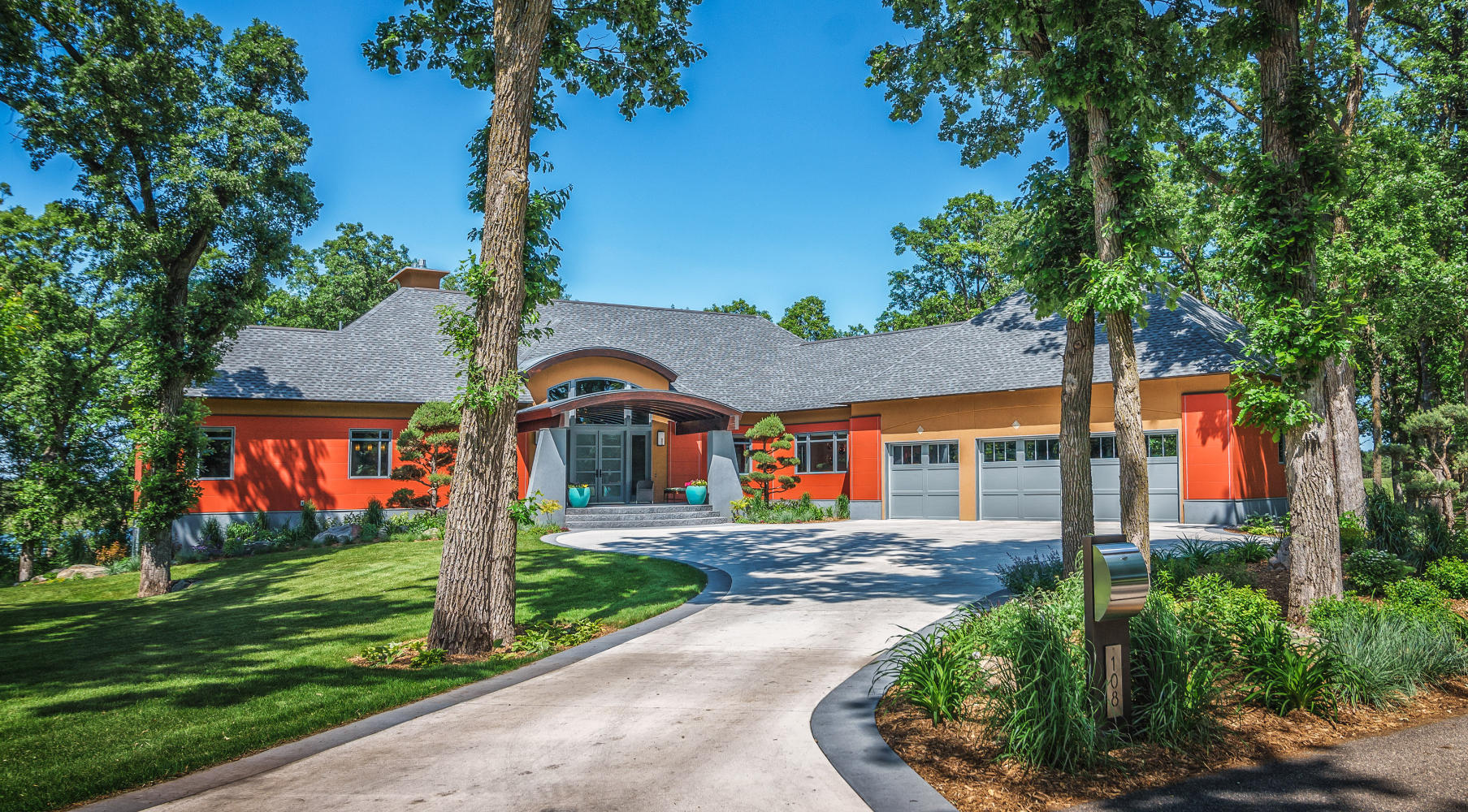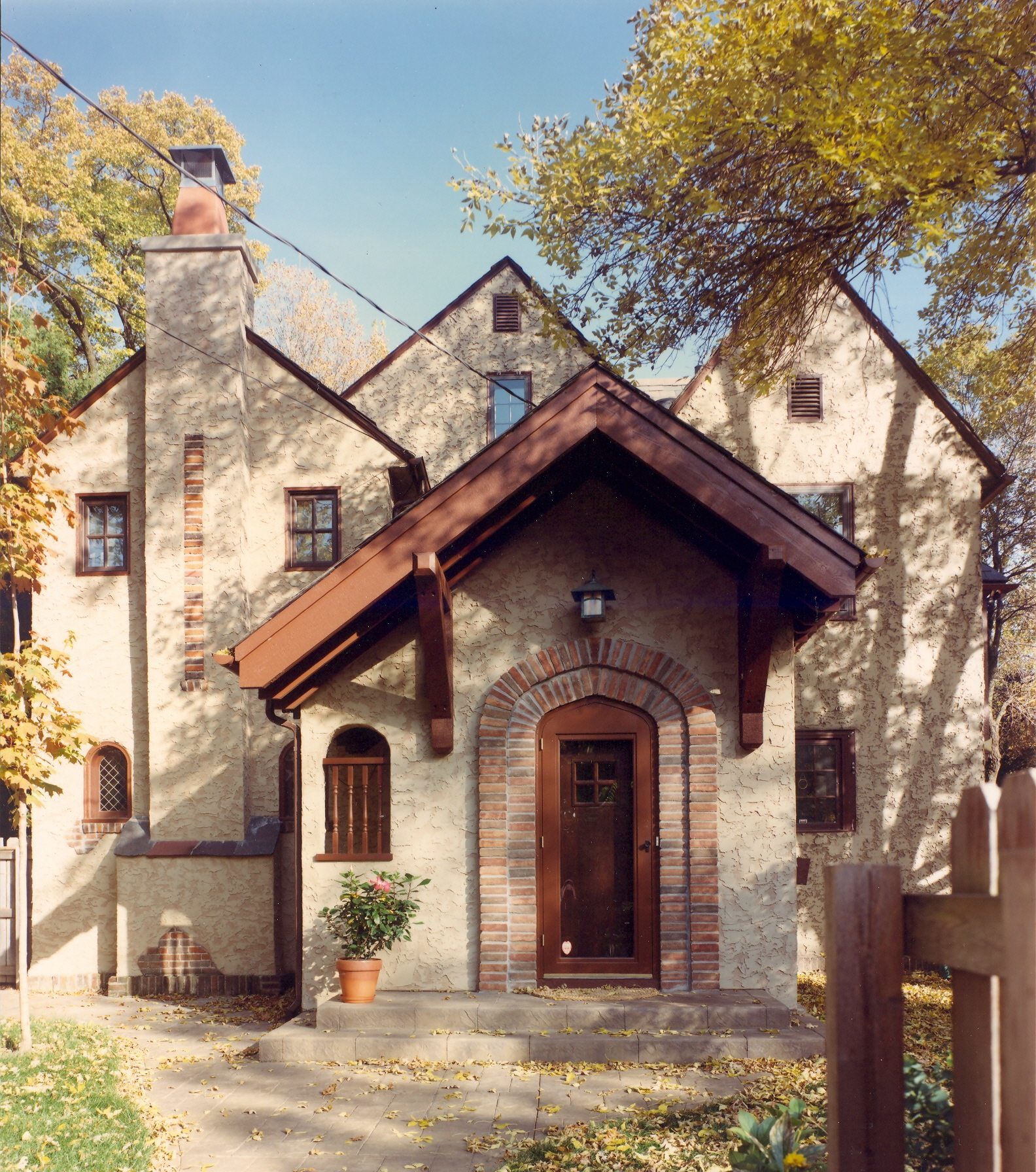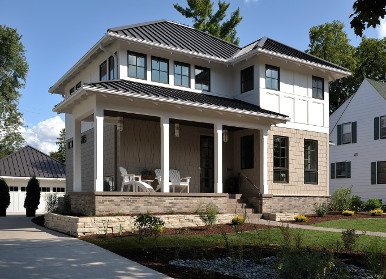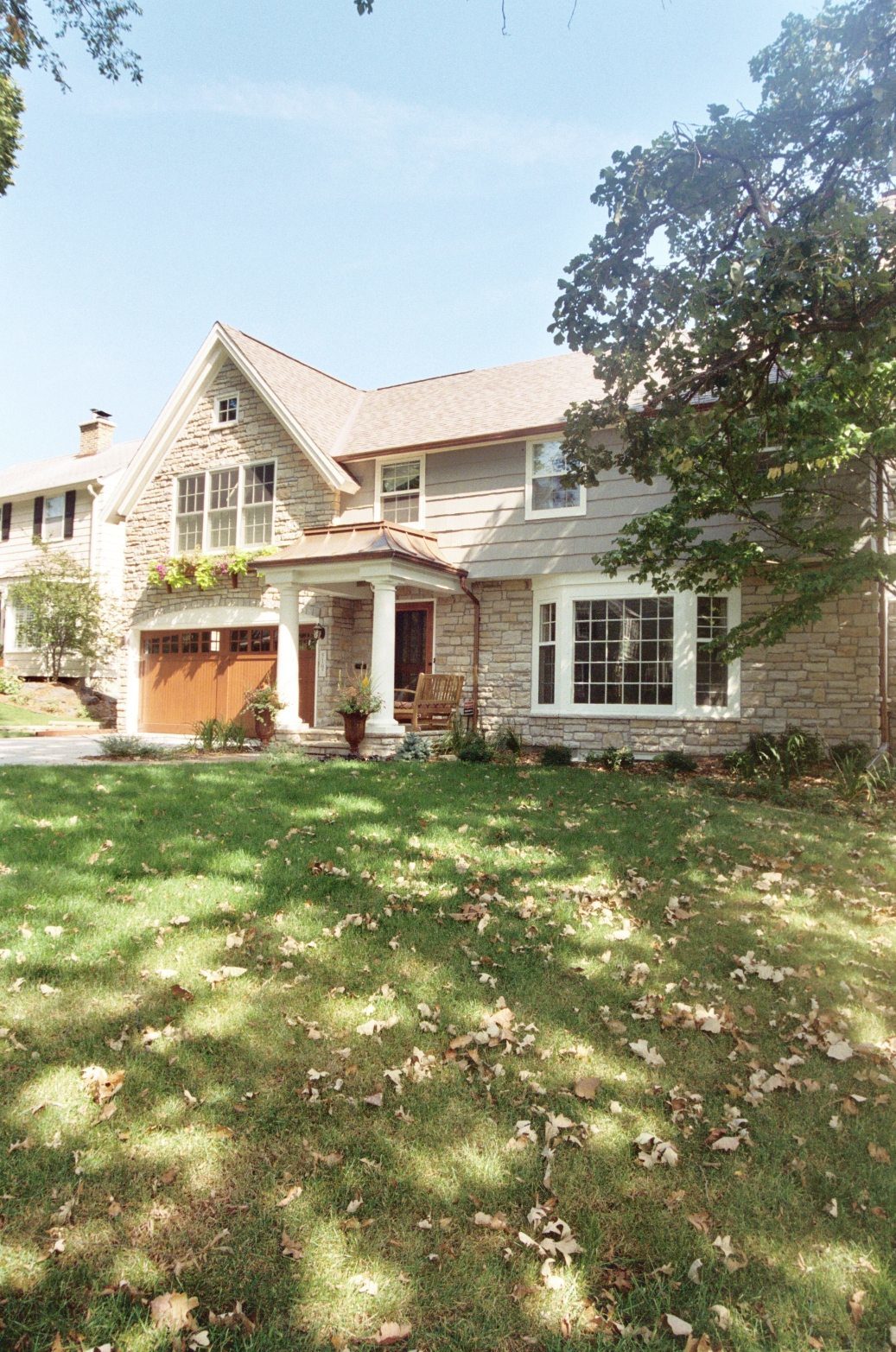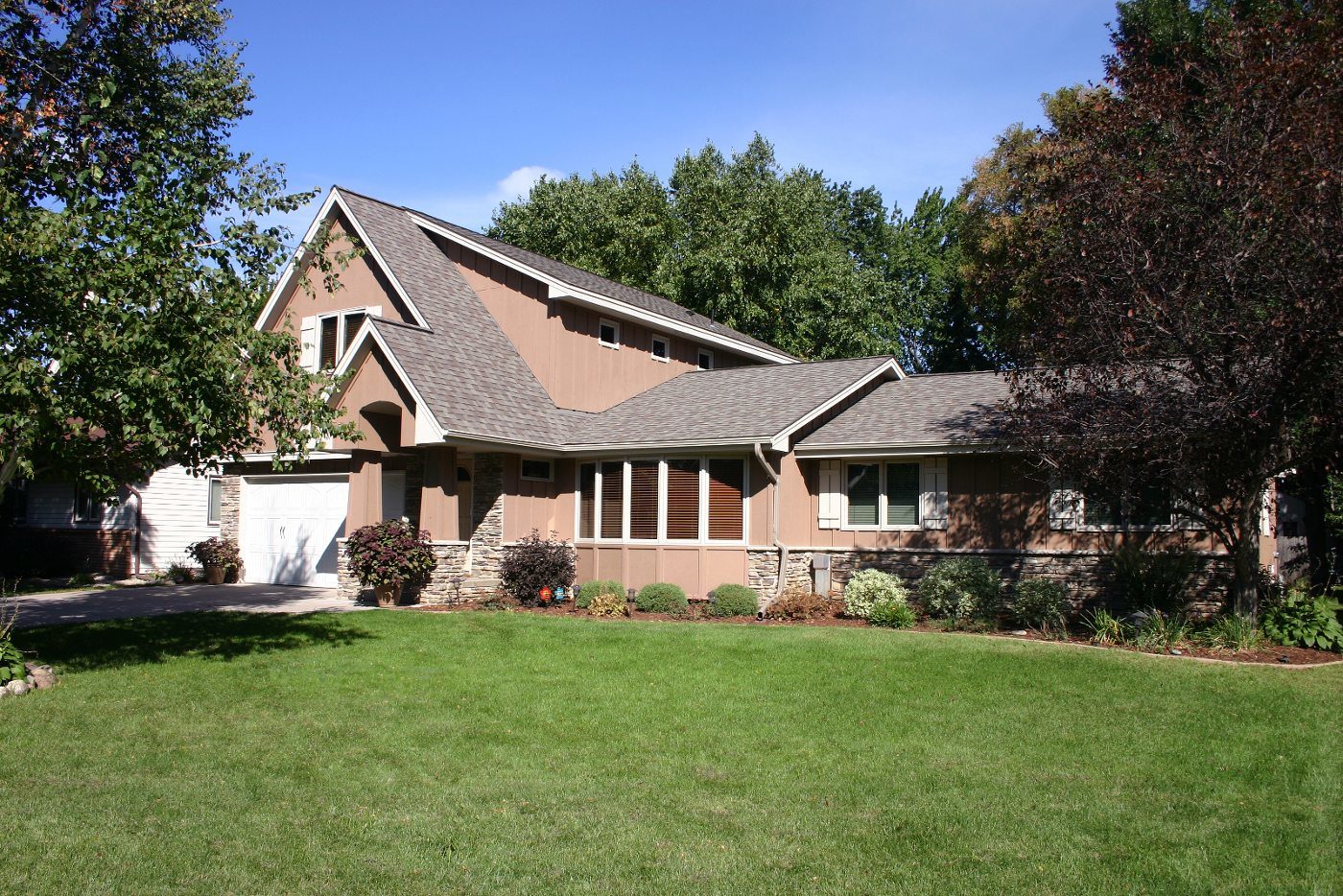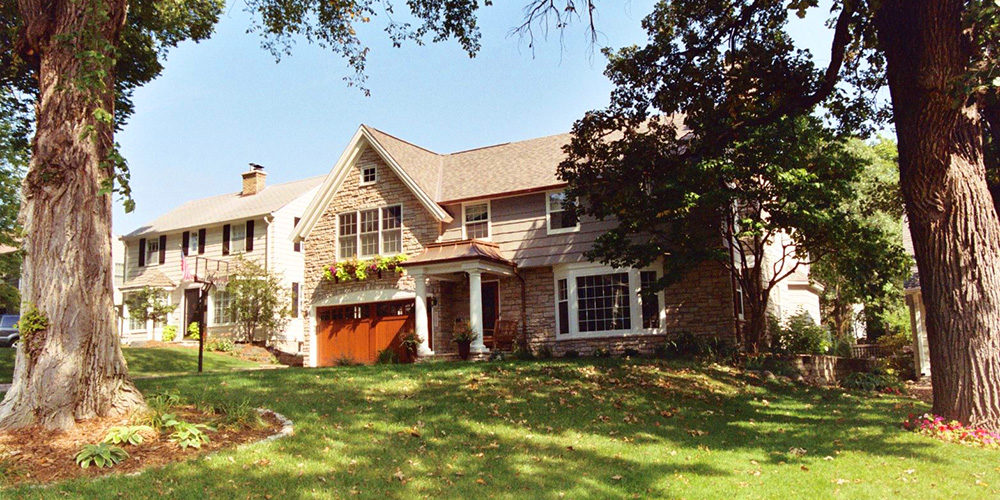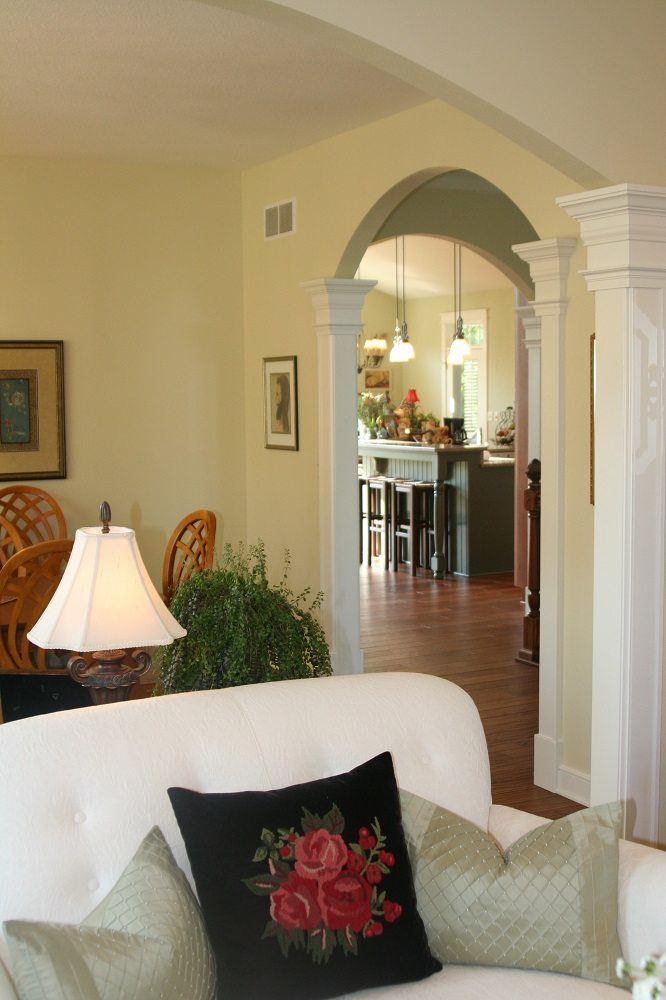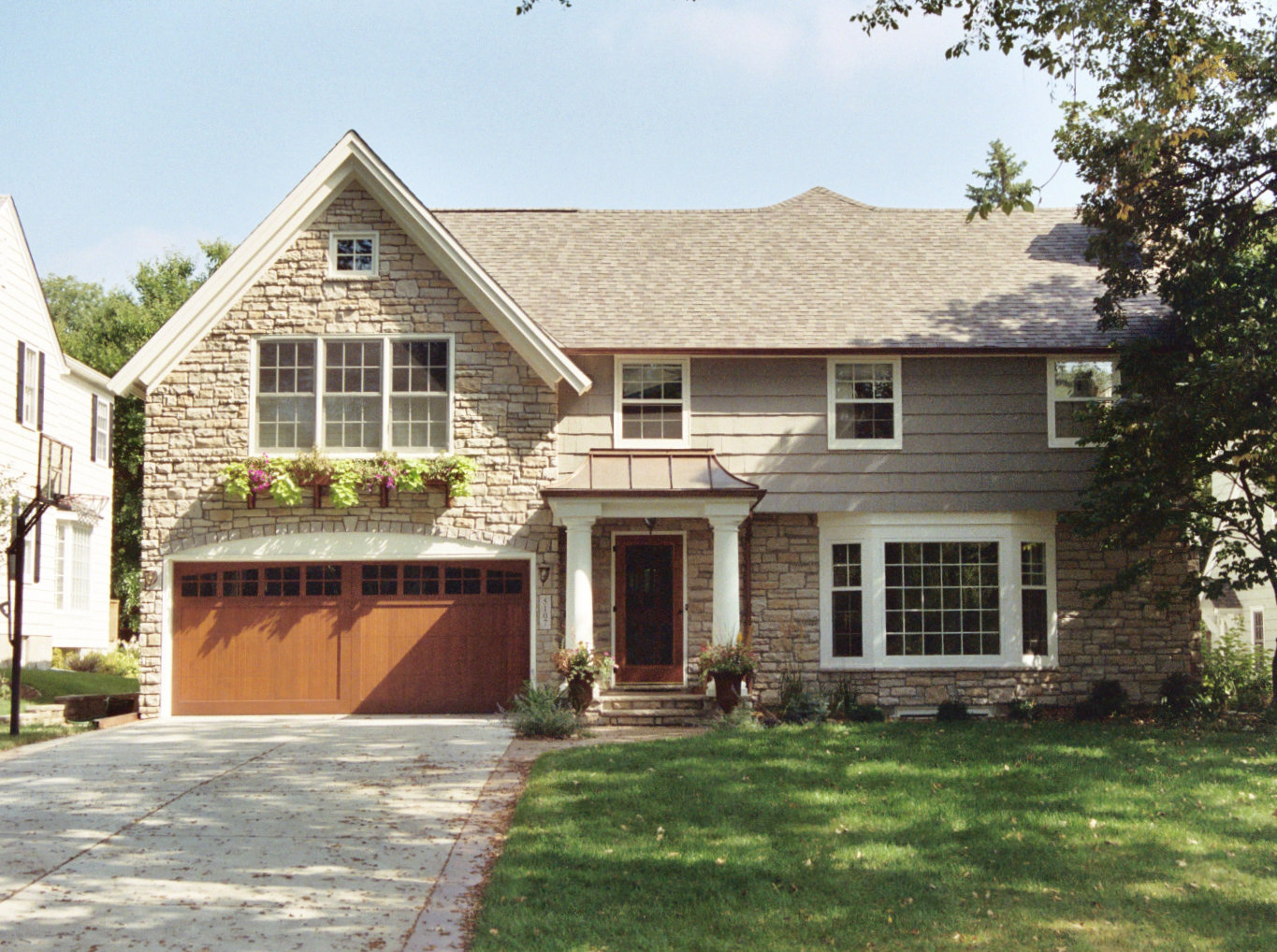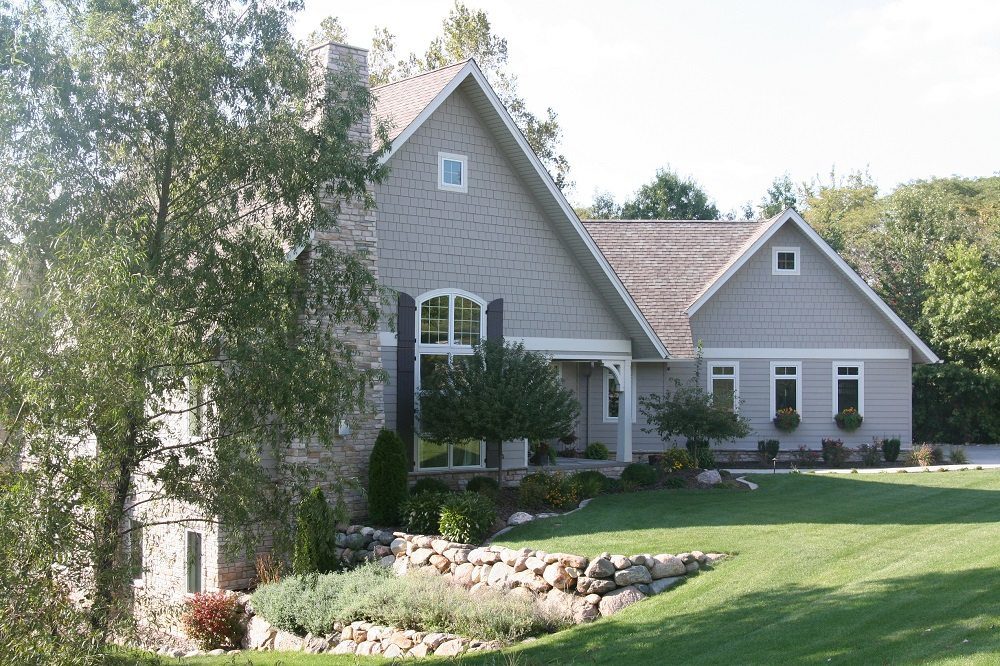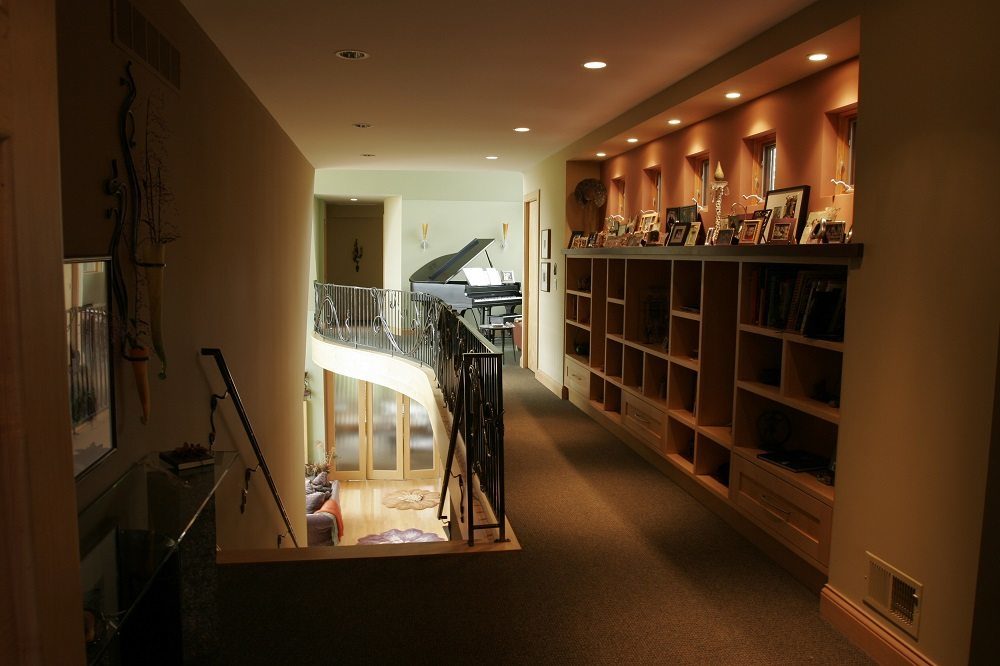The Marvin Architects Challenge Showdown Top 5!
The Marvin Architects Challenge Showdown Top 5!
The people have spoken and have selected the Thumper Pond Residence as one of the top 25 projects in the competition. From approximately 150 entries 25 have been selected to go on to round two and it is you, the people, who will again decide who will be the 5 finalists for the people’s choice…

